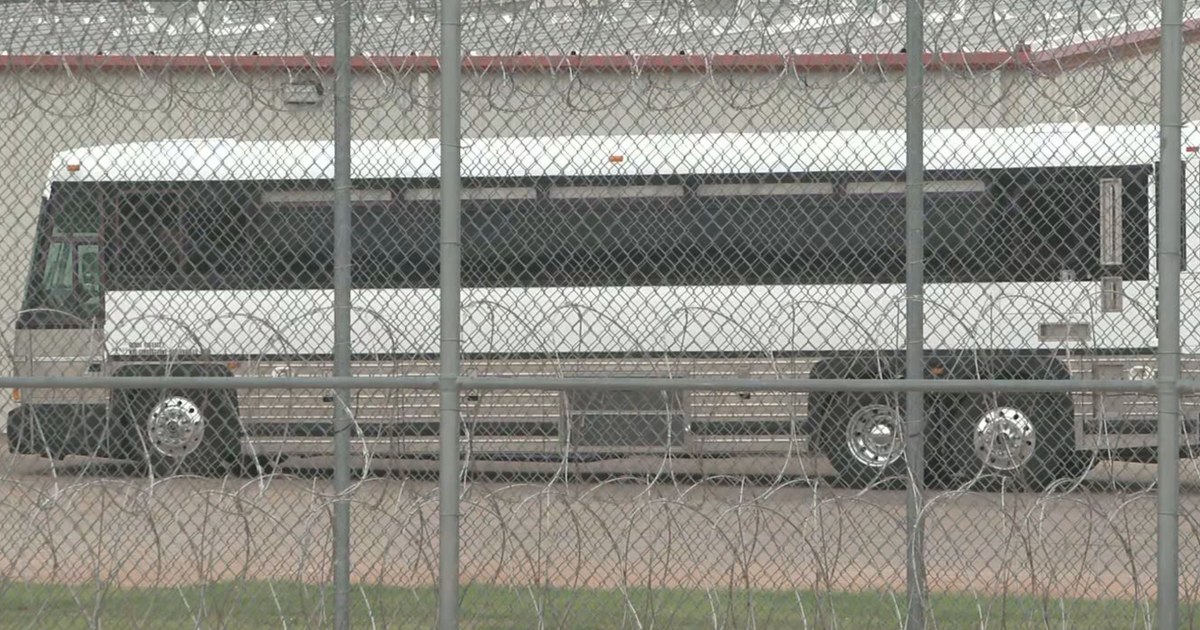Key takeaways:
- The Supreme Court has temporarily halted the Trump administration’s efforts to deport a group of Venezuelan nationals from Texas, using the Alien Enemies Act, highlighting the need for due process.
- At least 28 detainees were being transported to Abilene Airport as part of a plan to deport them to El Salvador, but the buses turned around following the Supreme Court’s intervention.
- The ruling underscores the ongoing legal challenges and debates over the use of wartime powers in immigration enforcement and the importance of ensuring due process.
In a swift decision, the Supreme Court has temporarily halted the Trump administration’s efforts to deport a group of Venezuelan nationals from Texas. This move comes as the administration attempted to utilize the Alien Enemies Act, a wartime power, to facilitate the deportation process. The urgency of the situation was underscored by a large motorcade, including at least 18 law enforcement vehicles, which escorted the detainees from the ICE Bluebonnet Detention Center in Anson, Texas.
On Friday evening, at least 28 detainees, primarily Venezuelan nationals, were transported by bus toward Abilene Airport, located approximately 30 miles from the detention center. The operation was part of the administration’s plan to deport these individuals to a detention camp in El Salvador. However, video footage captured the buses en route to the airport before they abruptly turned around, coinciding with the Supreme Court’s intervention.
The Supreme Court’s order, issued in the early hours of Saturday, temporarily blocks the deportation of these Venezuelan men under the Alien Enemies Act. This decision reflects the court’s recognition of the need for due process in handling such cases, as the administration’s actions have been met with scrutiny and questions regarding their legality.
The situation remains fluid as the Trump administration continues to navigate legal challenges in its immigration policies. The Supreme Court’s ruling highlights the ongoing debate over the use of wartime powers in immigration enforcement and the importance of ensuring due process for individuals facing deportation.



Be First to Comment